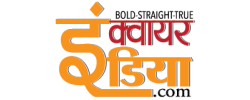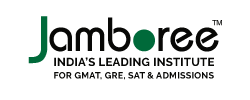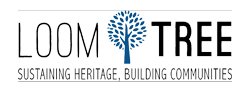Request for Demo Session

Module 1 - Basics of Software testing
General terms of testing and explains the following in detail.- Why is Testing Necessary?
- What is Testing
- General Testing Principles
- Fundamental Test Processes
- Psychology of Testing
Module 2 - Life Cycle Testing
Narrates how testing runs parallel with development process in SDLC. The main topics are as follows:- Software Development Models
- Distinction: testing - checking, verification - validation
- General "V Model", identification of phase results
- Benefits of early tests; iterative tests
- Testing within the life cycle models
- Test Levels
- Component Testing (unit testing)
- Integration Testing
- System Testing
- Acceptance Testing
- Test Types: the Targets of Testing
- Functional Testing
- Non-functional Testing
- Structural Testing
- Testing changes - Confirmation and Regression Testing
- Maintenance Tests
- Testing once changes have been made
Module 3 - Dynamic Test
The main objective of this chapter is how to write effective test cases looking into requirements. Objectives are:- Identifying test conditions and designing test cases
- condition, test case, and test procedure.
- Categories of test design techniques
- specification-based (black-box), structure-based (white-box)
- Specification-based or black-box techniques
- equivalence partitioning, boundary value analysis
- decision tables, state transition diagrams
- Structure-based or white-box techniques
- Experience-based techniques
- Choosing test techniques
Module 4 - Static Test
Static testing is a verification process. Following are narrated in this chapter Reviews and the test process- Review Process
- Formal review
- Informal review
- Technical review
- Walkthrough
- Inspection
- Static analysis by tools
Module 5 - Test Management
Objectives of Test Management are as follows:- Test organization
- Test planning and estimation
- Test progress monitoring and control
- Configuration management
- Risk and testing
- Incident Management
Module 6 - Testing Tools
Overview of this chapter are as follows:- Types of test tools
- Effective use of tools: potential benefit and risks
- Introducing a tool into an organization.

















